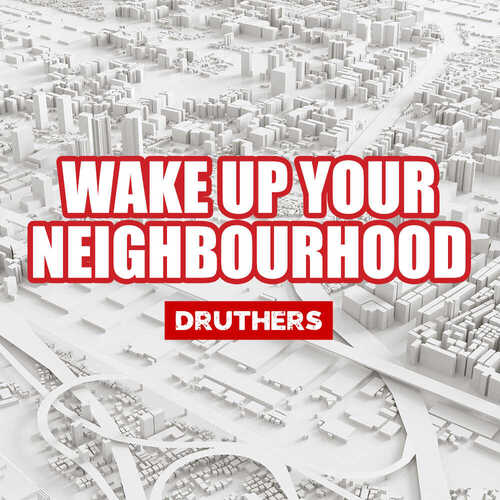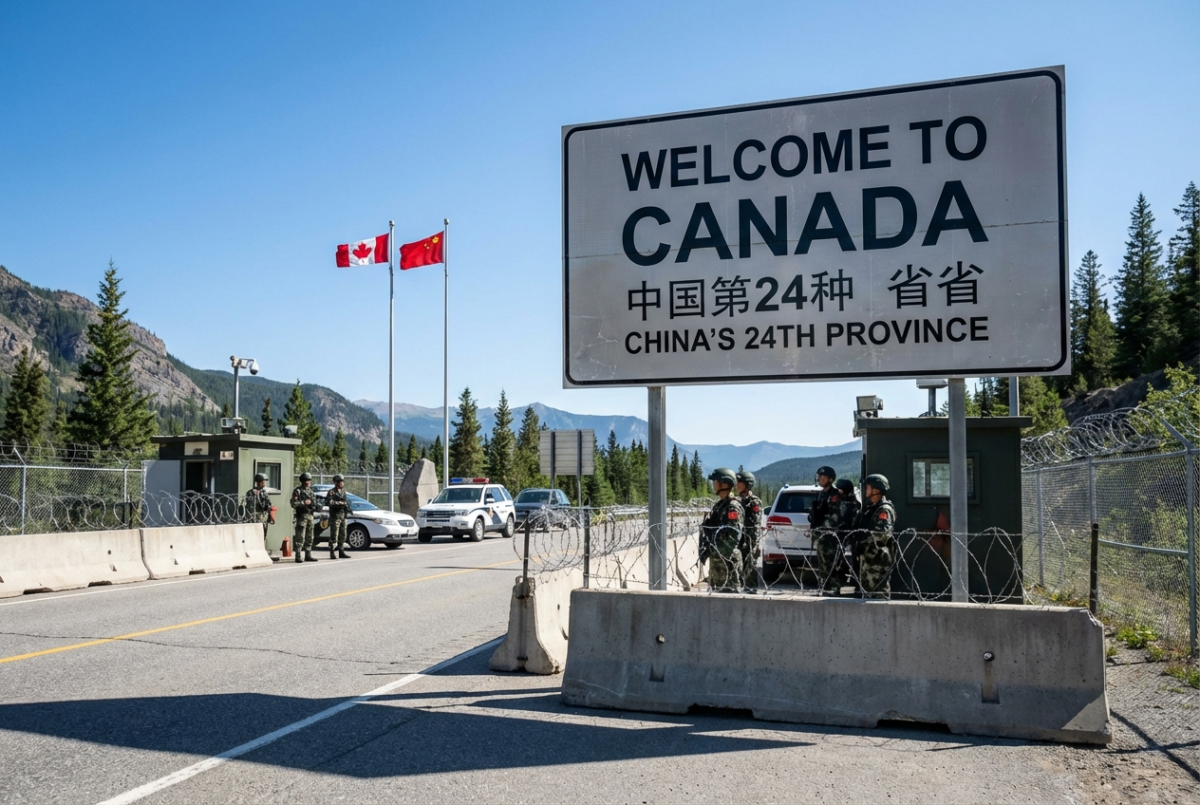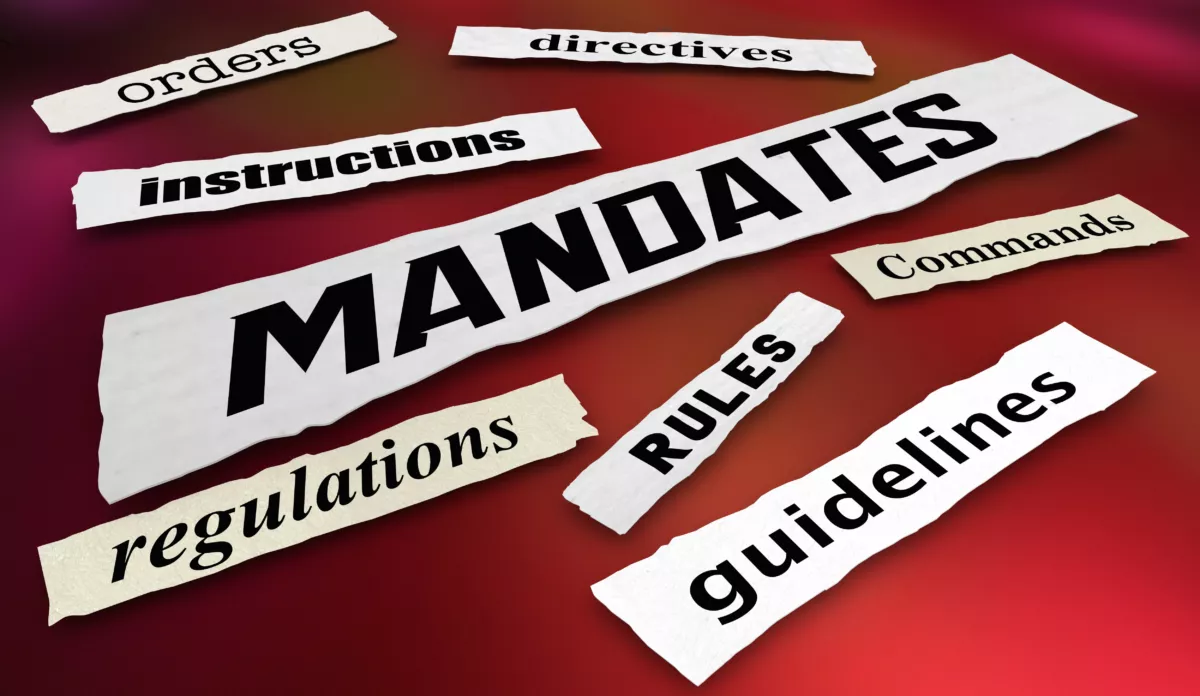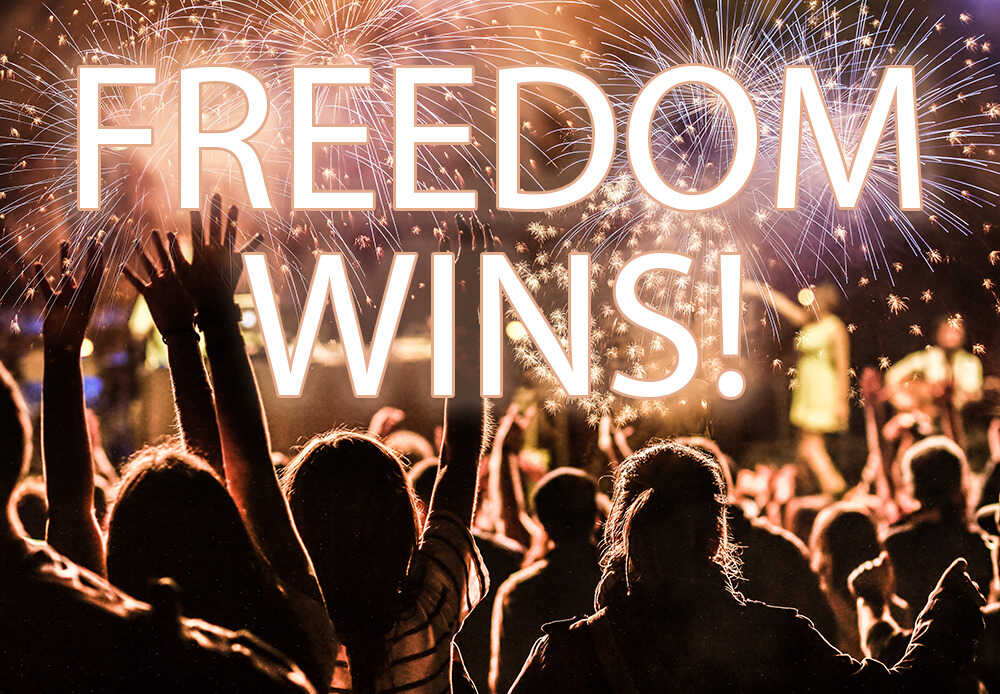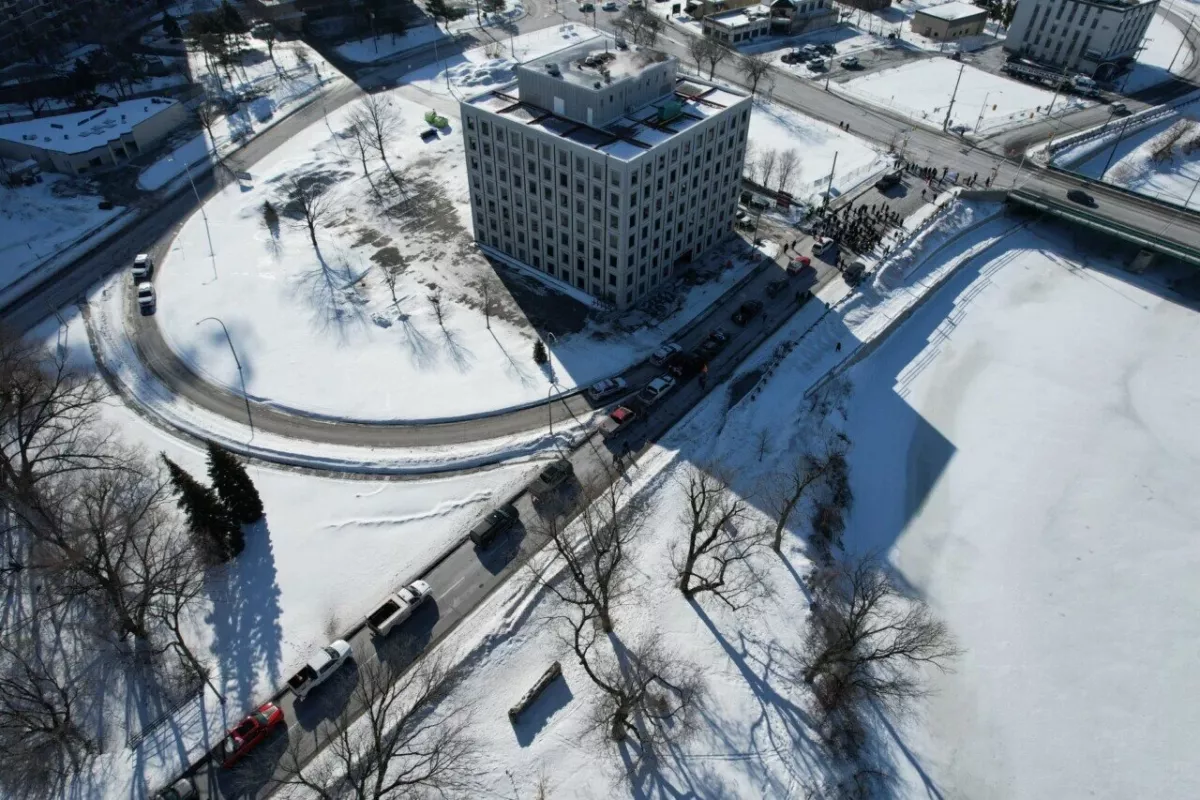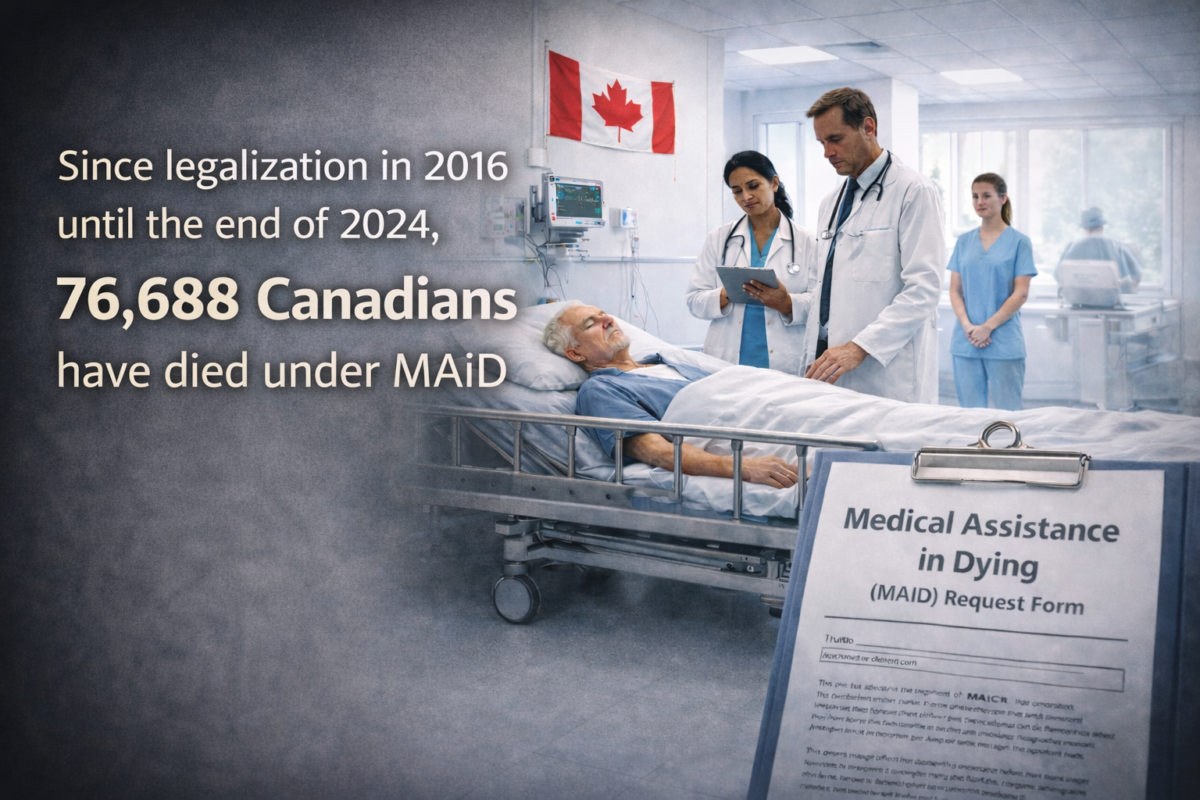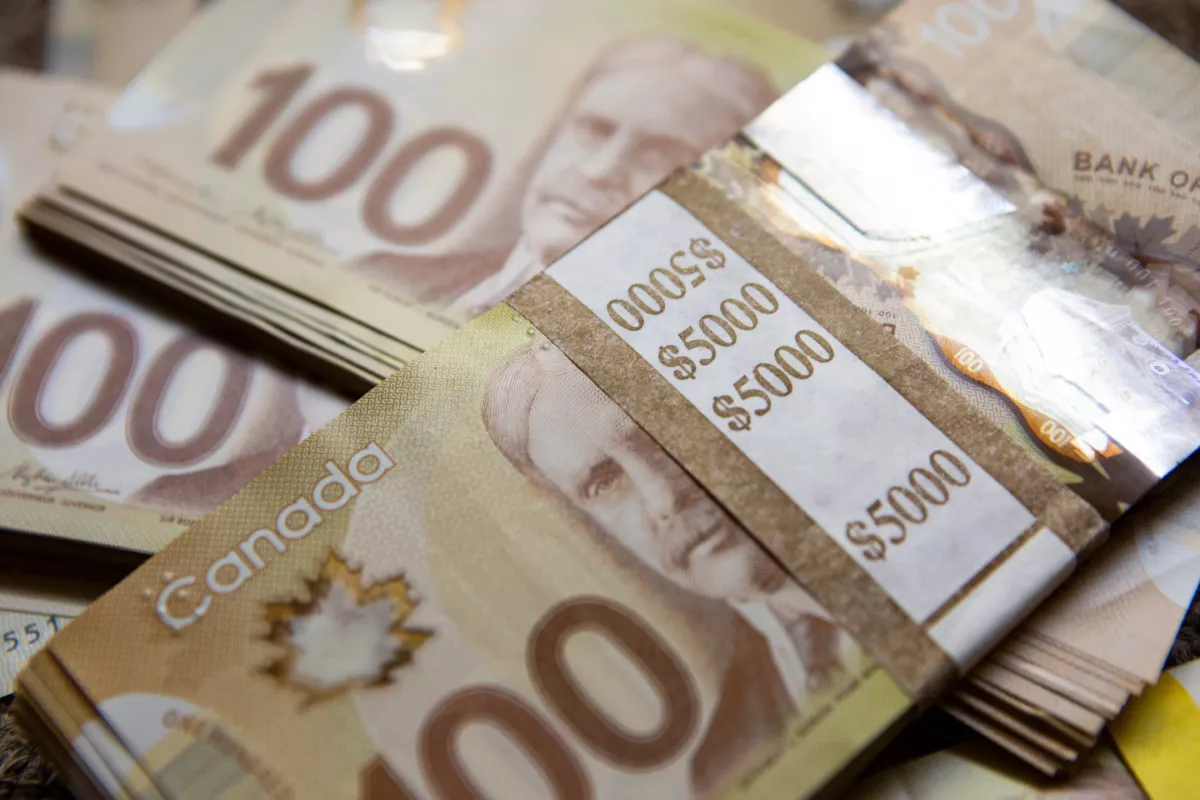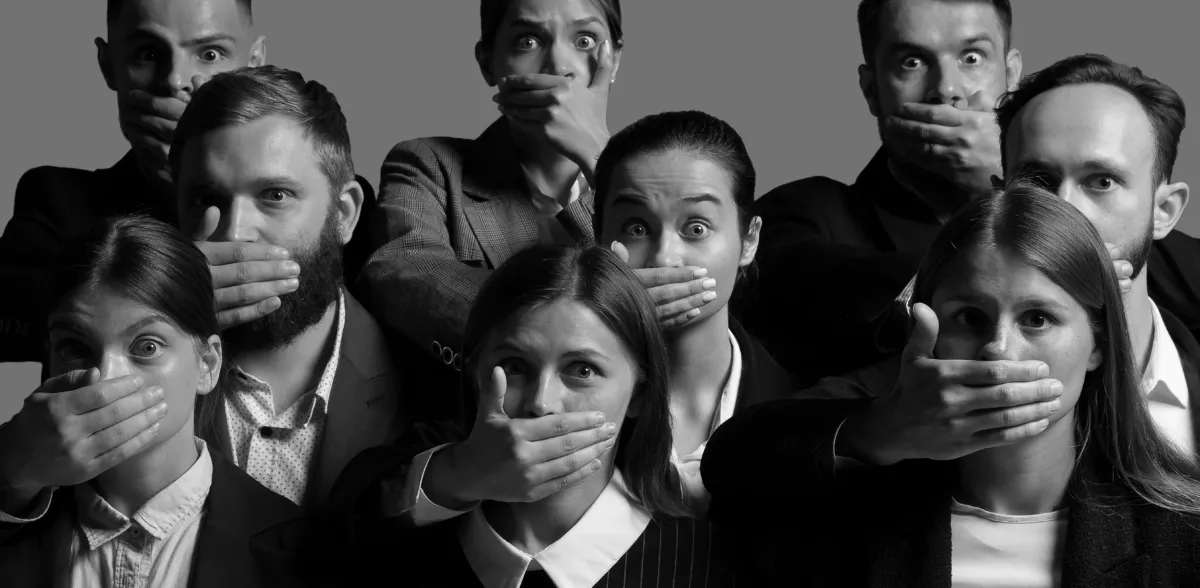Attacks on Freedom of Expression in Canada
By David Lindsay | clearbc.org
Freedom of expression is the freedom to convey meaning. It is the foundational liberty upon which all other rights depend. A democratic society cannot exist without the ability to freely speak, write, and dissent across all spheres of life, without punishment. It is the gateway to all rights and freedoms, and the mechanism by which individuals can challenge injustice, hold those in power to account, and participate meaningfully in society.
Even within the legal system, expression is constantly under attack. Judges, prosecutors, and lawyers often attempt to deny individuals the ability to fully articulate their claims, present evidence, or question witnesses. Motions to strike, rulings on so-called “irrelevant” material, and limits on testimony/submissions all serve to silence voices. When your ability to speak is taken away in court, you’ve lost. Justice cannot exist if freedom of expression is denied.
Governments across Canada display a growing interest in controlling and prohibiting expression when that expression challenges official narratives, exposes Government malfeasance or criminal activity by its officials, and within its own Government. An alarming example is a form of compelled expression by the Hamilton-Wentworth District School Board, which recently suspended Catherine Kronas, an elected parent to the Board, for her expressed opposition to forced inclusion of land acknowledgment by the Principal. School Boards across Canada remain some of the worst examples of both compelled speech and denial of expression by those who disagree with their woke and related ideologies.
In Kelowna, B.C., members of the public must seek pre-approval to speak at City council meetings, including those raising concerns about local officials. One must seek permission to criticize the very people being criticized, a practice that is undemocratic, contrary to the spirit of free speech and amounts to a conflict of interest.
Governments, institutions and even the judiciary, at all levels, are increasingly undermining expressive freedoms. Many of these efforts happen under colour of order, civility, or public safety, but the true intention is to suppress dissent against Government narratives, corruption and/or criminal activity. The Charter of Rights and Freedoms recognizes expression as a central guarantee, yet this fundamental freedom is the first to be curtailed or prohibited when power is threatened. Unless expression amounts to a criminal act, it cannot be demonstrably justified simply because someone’s feelings may be hurt, individually or collectively.
Freedom of expression predates the Charter. The Charter merely acknowledges its existence. As the Supreme Court of Canada has affirmed, this freedom is a foundational concept that underpins Western democracy. It includes not just the content, but also form—whether through writing, art, protest, performance, or gesture. It is a living, evolving freedom, not confined to traditional platforms and encompasses all technological forms of communication.
Don’t lose touch with uncensored news! Join our mailing list today.
Effectiveness is a critical component. Expression must be effective to be meaningful. Former Supreme Court of Canada Chief Justice McLachlin, in the case of Harper v Canada, 2004 SCC 33, approvingly quoted from Justice Pell in the United States case of United States v Dellinger, 472 F. 2d 340 (7th Cir. 1972), p. 415: “Speech without effective communication is not speech but an idle monologue in the wilderness.”
Chief Justice McLachlin further emphasized in Harper:
“The ability to speak in one’s own home or on a remote street corner does not fulfill the objective of the guarantee of freedom of expression, which is that each citizen be afforded the opportunity to present [his] her views for public consumption and attempt to persuade [his] her fellow citizens.”
By compelling you to protest in isolated locations, you significantly lose your audience, your power and effectiveness to influence others. And they know it; using location-based restrictions as a strategic tool to control and prohibit effective messaging. Expression is deeply connected to place; location is as important as the expression.
Parks, city halls, and courthouses are not just physical spaces—they are symbolic and functional forums for public discourse, and are Constitutionally protected for expression with a concomitant duty upon Governments to ensure this is so. When Governments restrict or prohibit access to these areas, they are not just managing logistics—they are unconstitutionally suppressing dissent.
Political expression, in particular, receives the highest level of Constitutional protection. This includes criticism of Government, exposure of corruption, and challenges to public policy. Such speech is often uncomfortable, provocative, and may even have a sting to it—but that is precisely why it must be protected.
One of the most overlooked but essential aspects of expression is the right of the public to hear and listen. Silencing someone by denying a right of audience is a violation not just of your freedoms, but also the audience’s freedom to receive expressions.
This erosion of expressive rights has become systematic. A well-known tactic is the cancellation of events by venue owners under pressure from woke, Government-subsidized activists. These cancellations often come at the last minute, after travel and other arrangements have been made, and are usually based on false or defamatory claims. I’ve experienced this firsthand—most notably in Ottawa and Castlegar—where events were cancelled following falsified threats from individuals affiliated with Government-funded woke organizations. Freedom-oriented groups and individuals across the country, such as We Unify and Action4Canada, have faced similar attacks and cancellations. These “wokers” rely on intimidation (a criminal offence) and economic pressure to unlawfully induce breach of contracts.
Venue owners who cancel should also be liable for breach of contract. Those issuing threats or spreading defamatory content may be liable for civil damages or even criminal charges.
This type of behaviour by venue owners and wokers, depressingly illustrates how little courage Canadians now show in the face of adversity, threats, or attacks on their rights and freedoms. Passive acquiescence and fear have replaced courage and bravery as the norm in Canada, frighteningly leaving very few Canadians to “stand on guard for thee.” We must respond decisively against these abuses. Otherwise, expression can be suppressed by mob tactics rather than legal principles.
Media are often complicit in these attacks. Many rely heavily on Government funding and are reluctant to challenge Government orders. During COVID-19, Castanet journalist Rob Gibson admitted that B.C. media had been ordered by the B.C. Government not to give a “platform” to dissenting voices. This is pure, Government propaganda.
This suppression extends to legislation. Hate speech laws have been expanded to include political views that diverge from Government-approved, woke ideologies. The result is a chilling effect on public discourse. Advocacy for maintenance of traditional values is now routinely labeled as hateful or extremist. Even the word “family” has been branded as “white supremacist.” The RCMP promotes that people who “hold traditional views” are linked to extremism and have been “radicalized.”
The Federally proposed creation of “bubble zones” and criminalization of protests around schools, hospitals, and other institutions is another step toward authoritarianism. This will effectively outlaw protest in areas where it is likely to be most effective. Justification is usually safety or harassment, yet existing laws already cover any concerns on such rare occasions. The real goal is to make protests invisible and, therefore, ineffective.
Municipalities are weaponizing bylaws to target disfavoured groups. In Kelowna, I have received over 200 falsified bylaw tickets for organizing COVID-19 protests—more than $60,000 in fines. Other persons, including those supporting LGBTQ, BLM, climate change and international issues (anyone NOT attacking our Governments) have not been targeted, despite using the same spaces and equipment. This selective enforcement reveals the true motive: silencing one side of the political spectrum.
Kelowna eventually filed a Petition for an injunction to ban our protests throughout downtown Kelowna. Kevin Mead, bylaw manager, admitted this large area was targeted because of the effectiveness of our messaging—a direct admission that their goal was content-based suppression. Fortunately, B.C. has anti-SLAPP legislation, which allows us to challenge this misuse of legal process. If successful, our case could set an important national precedent. Documentation related to this case is available at clearbc.org under the “Legal” section.
Threats to expression also exist within regulatory institutions. Regulators in medicine have disciplined individuals for expressing views that challenge Government/College narratives, resulting in professional, expressional silence or resignations. Judges undergo Government-sponsored training on politically sensitive topics like Sexual Orientation Gender Identity (SOGI), raising concerns about impartiality and ideological conformity.
Governments and their allies are using every weapon at their disposal to ensure only approved narratives are heard. Even peaceful protests are being labeled as threats, while actual threats to freedom go unchallenged or actively enabled by the system.
We have a duty to hold officials accountable for policies and actions that restrict expression. This includes voting against censorship, challenging unlawful restrictions in court, exposing abuses of power, and refusing to compromise on fundamental freedoms (peaceful, civil disobedience).
Restrictions on expression are incompatible with democracy. The freedom to speak, to be heard, and to dissent must not be sacrificed for comfort, conformity, or control. If we allow expression to be pushed out of the public square, we will no longer be free.
England offers a stark example: the erosion of its culture, history, and freedoms has reached the point where criminals are released from jail to make room for citizens expressing opposition to Government policies such as immigration. It stands as a sobering warning for Canada. These actions permit treason by officials, enabling them to overthrow our culture and laws, while banning all opposition.
Looking ahead, state-enforced censorship mechanisms—possibly via new expression enforcement agencies—are a growing concern. Will such agencies monitor and penalize lawful expression here? Will Canadians face bureaucratic censorship or jail for dissenting online or in public? These are no longer hypothetical discussions— they are frightening and deeply troubling realities that require our immediate attention and public opposition.
Courage must replace fear. I do not care what you say, but I’ll defend to the death you’re right to say it.
For more information, please visit clearbc.org



